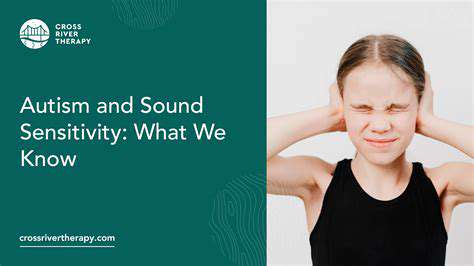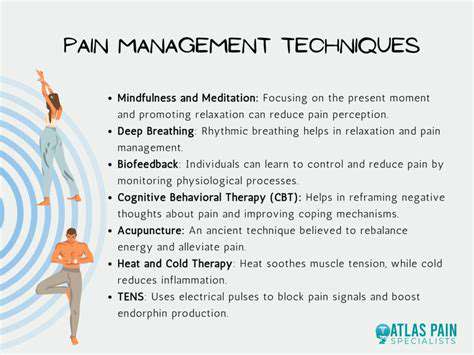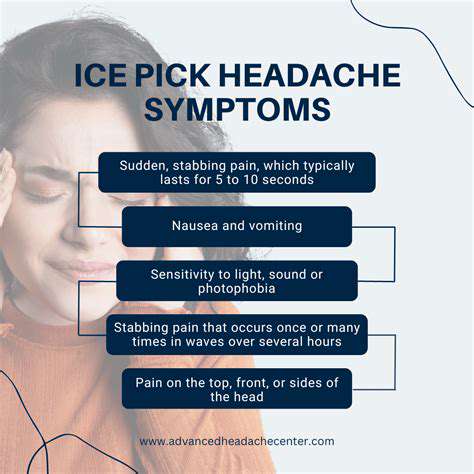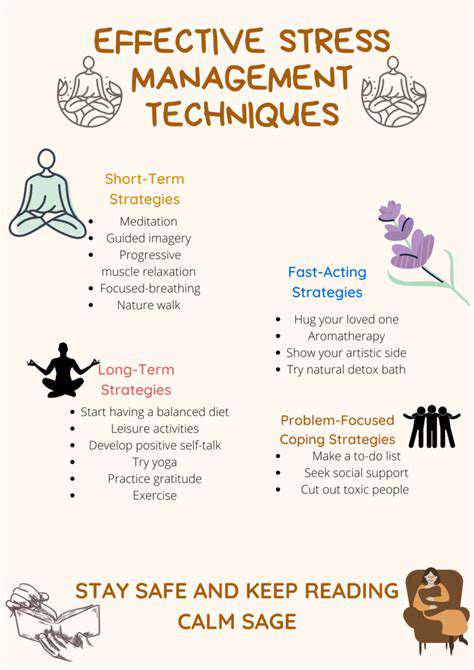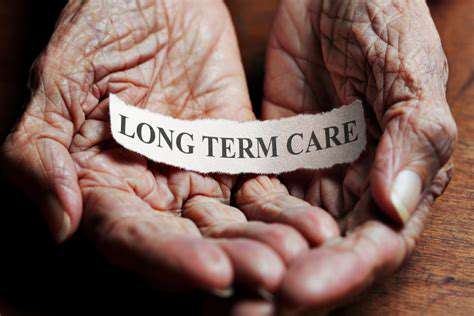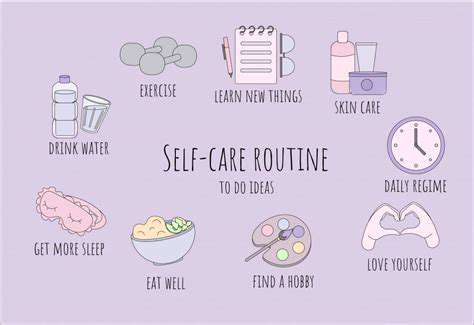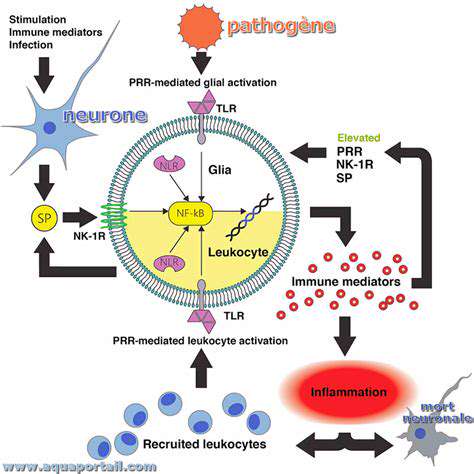The Role of Potassium and Sodium Balance in Migraine
Potassium's Role in Maintaining Cellular Function
Potassium plays a vital role in maintaining the proper function of cells throughout the body. It's crucial for nerve impulse transmission, muscle contraction, and maintaining the balance of fluids inside and outside cells. This delicate balance is essential for various physiological processes, including regulating heart rhythm and blood pressure. Disruptions in potassium levels can have significant consequences for overall health, highlighting its importance in maintaining optimal bodily function.
Potassium is actively transported across cell membranes, which is essential for generating and transmitting electrical signals. These signals are critical for communication between nerve cells, muscles, and other tissues. Without adequate potassium, these crucial signals can be disrupted, leading to a range of physiological problems, including muscle weakness and potentially life-threatening cardiac arrhythmias. This intricate role makes potassium a critical element in human health.
Potassium's Influence on Sodium Balance
Potassium and sodium are essential electrolytes that work in opposition to each other to maintain the proper balance of fluids within and outside cells. This intricate interplay is vital for numerous bodily functions. Imbalances in either electrolyte can disrupt the delicate balance, leading to various health problems. The proper functioning of the nervous system, including nerve impulse transmission and muscle contraction, depends heavily on the precise regulation of potassium and sodium levels.
The sodium-potassium pump, a crucial cellular mechanism, actively transports sodium out of cells and potassium into cells. This constant exchange maintains the correct concentration gradients across cell membranes, which is essential for numerous physiological processes. Disruptions to this intricate system can lead to a cascade of problems impacting the entire body. Maintaining a healthy potassium level is therefore essential for supporting the sodium-potassium pump's effectiveness.
Potassium and Sodium Imbalance in Migraine
While the exact mechanisms are still under investigation, some research suggests a potential link between potassium and sodium imbalances and migraine episodes. Studies have explored the possibility of altered electrolyte concentrations in the cerebrospinal fluid (CSF) prior to or during a migraine attack. Further research is needed to determine if these imbalances are a cause or a consequence of the migraine itself. Understanding this complex relationship could lead to new strategies for managing or preventing migraine episodes.
The interplay between potassium and sodium, and their influence on cerebrovascular function, is a compelling area of investigation. Migraine sufferers often experience vasoconstriction followed by vasodilation in the brain. Changes in electrolyte balance may impact these vascular responses, potentially contributing to the pain and other symptoms associated with migraine. The potential role of potassium and sodium in migraine pathology warrants further exploration.
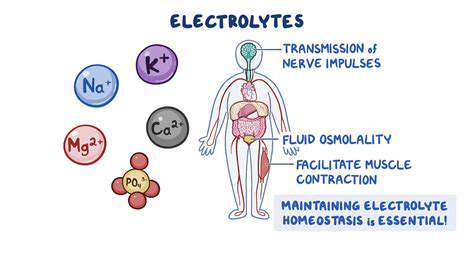
The Role of Diet and Lifestyle in Maintaining Electrolyte Balance
The Importance of Electrolyte Intake
Maintaining a healthy balance of electrolytes, including sodium, potassium, calcium, magnesium, and chloride, is crucial for numerous bodily functions. These minerals play a vital role in nerve function, muscle contraction, hydration, and fluid balance. A diet rich in electrolyte-containing foods ensures your body has the necessary building blocks for optimal performance and overall well-being. Proper electrolyte intake is essential, as deficiencies can lead to a range of health issues, from fatigue and weakness to more serious complications.
Consuming a variety of foods that naturally contain electrolytes is a key component of a balanced diet. This approach is often more sustainable and effective compared to relying solely on electrolyte supplements, which can sometimes lead to imbalances if not carefully monitored.
Dietary Sources of Key Electrolytes
Potassium, a vital electrolyte, is abundant in fruits and vegetables. Bananas, avocados, sweet potatoes, and leafy greens are excellent sources. Sodium, while often associated with processed foods, is also naturally present in foods like sea salt and certain vegetables. Calcium is found in dairy products, leafy greens, and fortified foods. Magnesium is abundant in nuts, seeds, and whole grains.
A balanced diet should include a variety of foods rich in these electrolytes to ensure adequate intake. Understanding the foods that naturally contain these minerals is key to achieving and maintaining electrolyte balance.
The Impact of Hydration on Electrolyte Balance
Proper hydration is fundamental to electrolyte balance. Water acts as a transport medium for electrolytes, allowing them to move throughout the body and carry out their essential functions. Dehydration can lead to electrolyte imbalances, as the concentration of electrolytes in the body increases. Maintaining adequate fluid intake is crucial for preventing electrolyte imbalances and supporting overall health.
Lifestyle Factors Affecting Electrolyte Levels
Several lifestyle factors can influence electrolyte balance. Excessive sweating during exercise, for example, can lead to significant electrolyte loss. Similarly, certain medical conditions, such as kidney disease, can disrupt electrolyte homeostasis. Stress, inadequate sleep, and poor dietary habits can all contribute to imbalances.
The Role of Exercise and Electrolyte Replenishment
Intense physical activity, particularly prolonged exercise, can deplete electrolytes, especially sodium and potassium. Replenishing these electrolytes after exercise is crucial to prevent muscle cramps, fatigue, and other potential side effects. Sports drinks or electrolyte-rich foods can be helpful in restoring balance.
Electrolyte Supplements: When and How to Use Them
While a balanced diet should be the primary source of electrolytes, supplements can be beneficial in certain situations. For example, individuals with specific medical conditions or those experiencing significant electrolyte loss due to intense exercise may need supplementation. However, it's essential to consult with a healthcare professional before starting any electrolyte supplement regimen. Unregulated supplementation can lead to adverse effects. The dose and type of supplement should be determined by a doctor or registered dietitian.

